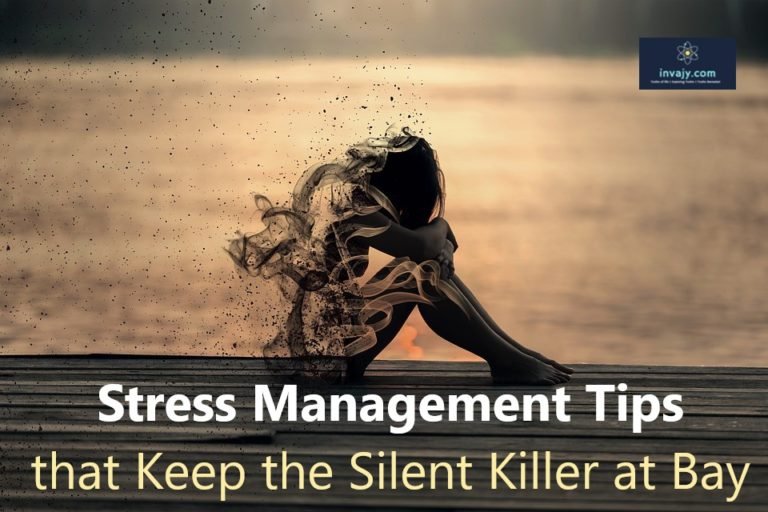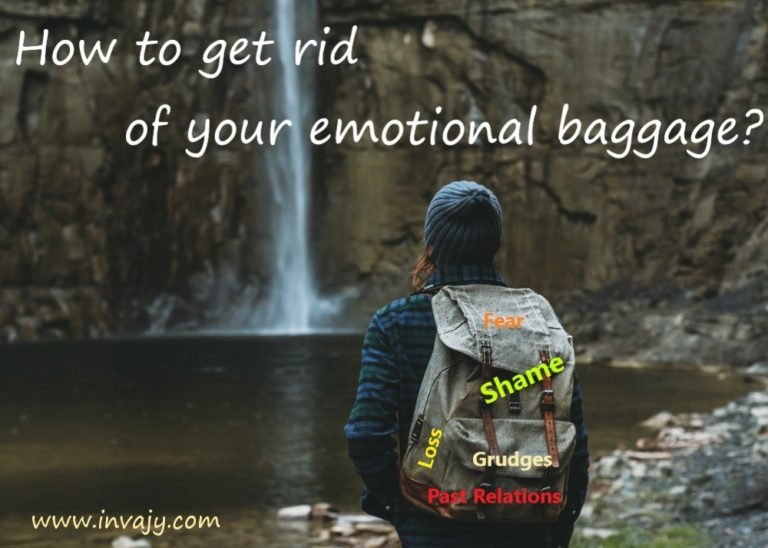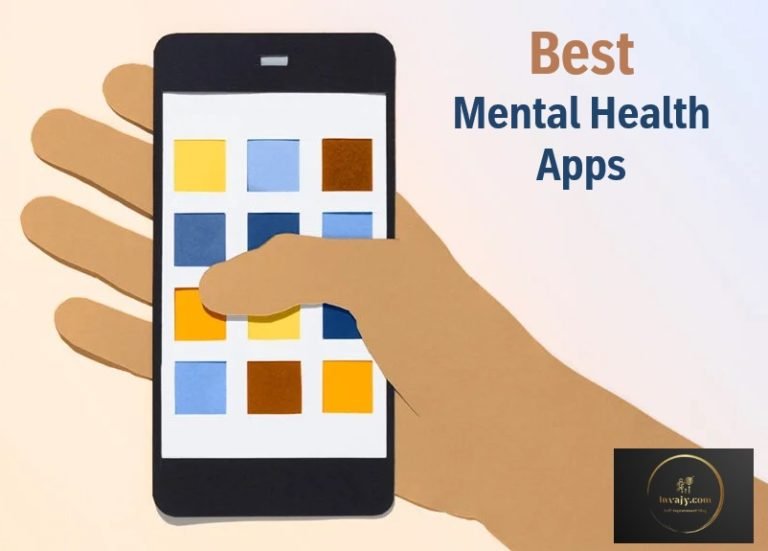PTSD – Post Traumatic Stress Disorder
Understand Post-Traumatic Stress Disorder (PTSD) with insights into its symptoms, causes, and treatment options. Learn effective strategies for managing trauma, finding support, and promoting healing for a healthier life.

Traumatic experiences in life can be challenging and painful. After a traumatic experience, it’s normal to feel frightened, sad, anxious, and disconnected. But if the upset doesn’t fade, you may be suffering from post-traumatic stress disorder (PTSD). Trauma and its post event effects are more widespread than many people realize. About 6 out of every 100 Americans will have post-traumatic stress disorder (PTSD) at some point in their lives. PTSD can leave you feeling stuck with a constant sense of danger and painful memories. But with new coping skills, you can feel safe again and move on from the trauma.
What is PTSD (Post traumatic stress disorder)?
Post Traumatic Stress Disorder (PTSD) is a mental health condition caused by extremely stressful, frightening or distressing events — either experiencing it or witnessing it. PTSD is basically failure to recover after experiencing or witnessing a traumatic event.
The condition may last months or years, with triggers that can bring back memories of the trauma accompanied by intense emotional and physical reactions.
Causes of PTSD
The types of events that can cause PTSD include:
- Being held hostage
- Military combat
- Natural disasters such as severe floods, earthquakes, or tsunamis
- Prolonged sexual abuse, violence, or severe neglect
- Serious road accidents
- Terrorist attacks
- Violent personal assaults; such as sexual assault, mugging, or robbery
- Witnessing violent deaths
Any event, or series of events, that overwhelms you with feelings of hopelessness and helplessness and leaves you emotionally shattered, can trigger PTSD — especially if the event feels unpredictable and uncontrollable.
Symptoms of PTSD
The symptoms of PTSD includes
- Re-experiencing the traumatic event through intrusive memories, flashbacks and nightmares
- avoidance of situations that bring back the trauma
- feeling emotionally numb
- anxiety or depressed mood
- hopelessness
- hyperarousal including sleep problems or hypervigilance
- feelings of isolation, irritability, and guilt
- compulsive or aggressive behaviours
- self-destructive behaviour
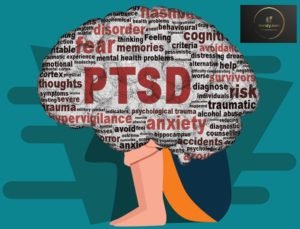
How to cope with Post Traumatic Stress Disorder (PTSD) symptoms and work towards recovery?
PTSD recovery takes time. Healing does not happen overnight. This is a gradual, ongoing process. The memories of the trauma never disappear completely. This can make your life seem difficult at times. But there are many steps you can take to cope with the residual symptoms and reduce your anxiety and fear. Here are the PTSD self-help tips and effective ways to help you heal and move on.
Learn about PTSD
Learn more about trauma and Post traumatic stress disorder (PTSD). By reading about your condition, you can not only understand more about it, but you can also define what you are feeling and learn how other people have dealt with what you are going through. Learning more about symptoms increases your awareness and you will be able to notice them better. This will help you to plan coping strategies.
It will also help you get to know about your triggers. You might find that certain experiences, situations or people seem to trigger flashbacks or other symptoms. These might include specific reminders of past trauma, such as – smells, sounds, words, places, and dates; particular types of books or films.
Challenge your sense of helplessness
Overcoming your sense of helplessness is key to overcoming Post traumatic stress disorder (PTSD). Trauma leaves you feeling powerless and vulnerable. It’s important to remind yourself that you have strengths and coping skills that can get you through tough times.
One of the best ways to challenge your sense of helplessness is offering help others who are in need. Taking positive action directly challenges the sense of helplessness that is a common symptom of PTSD. Volunteer in hospitals, help out a family member or friend in need, donate blood, feed poor people or donate to your favorite charity.
Coping with flashbacks
Flashbacks can be exceptionally distressing. To cope with flashbacks you may do deep breathing and focus on it. When you are frightened, your breathing gets abnormal. This increases feelings of fear and panic, so it can help to concentrate on breathing slowly in and out while reverse counting from five to one.
Relaxation techniques such as mindfulness, object meditation, massage or yoga can set in motion the body’s relaxation response and ease this symptom of PTSD. Research has shown us that a routine practice of mindfulness meditation and yoga can help to significantly lessen symptoms of anxiety, depression, and restlessness related to PTSD.
Join a PTSD support group
PTSD can make you feel isolated and disconnected from others. You may be tempted to withdraw from social activities and your loved ones. You may feel like to talk to someone about your condition but have stigma. A support group will immediately put you in touch with others who can understand what you are going through and identify with it.
PTSD Support group also offer you an open and safe place to discuss your experience with others. Other group members may share coping techniques that have worked well for them, treatments that have beneficial, and give you the support you need.
Healthy Lifestyle
PTSD symptoms can be hard on your body so it’s important to take care of yourself and develop some healthy lifestyle habits.
- Eat healthy, balanced and nutritious diet

- Get enough sleep somewhere between 7 to 9 hours every night

- Be active and move your body. Physical exercise can be really helpful for your overall mental wellbeing
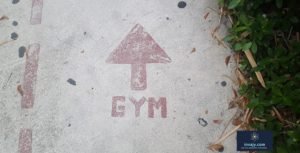
- Don’t smoke
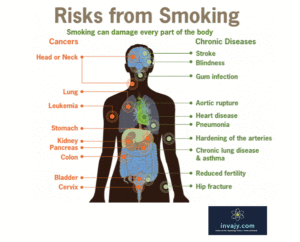
- Spend time outside in green space
- Check your blood pressure regularly
- Avoid alcohol and drugs. Substance use worsens many symptoms of PTSD
Professional Treatment
One of the most important methods cope with PTSD symptoms is to seek help from a mental health professional. There are several types of therapy for PTSD that have all been proven effective to cope with PTSD.
- Cognitive behavioral therapy (CBT)
- Eye movement desensitization and reprocessing (EMDR)
- Dialectical behavioral therapy (DBT)
- Cognitive processing therapy (CPT)
- Stress inoculation training (SIT)
- Prolonged exposure therapy
Certain medications for PTSD also can be prescribed by your doctor to keep your symptoms at bay.
Over to You
I hope, if you will use above tips and strategies for the treatments for PTSD; you will surely be able to manage this mental health condition in a better way.
That’s all from my side. I hope, you liked this article on Post Traumatic Stress Disorder. Please share this on your favorite social media portals with your friends and relatives.
(Medical Disclaimer: This article is for general information only. It is not intended to be a substitute for professional medical advice, diagnosis or treatment. Before adopting preventive methods/measures/treatment, please seek medical advice.)

